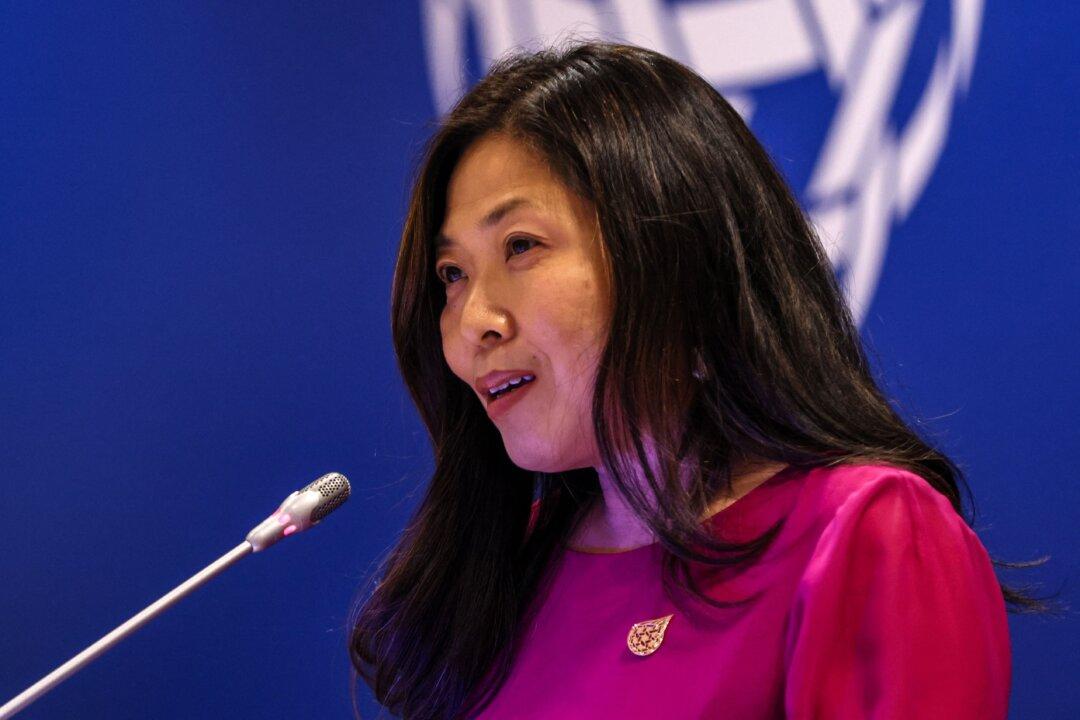Three government representatives from North America’s trading partners are in Cancun, Mexico, for two days to discuss trade agreements.
Canada’s International Trade Minister Mary Ng is meeting with Mexico’s Economy Secretary Raquel Buenrostro and U.S. Trade Representative Katherine Tai to review the last three years of the U.S.–Mexico–Canada Agreement (CUSMA), a trade agreement between all three North American countries.





